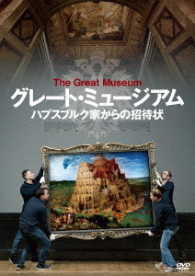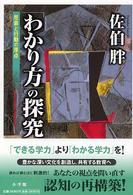Description
Russian as a Heritage Language: From Research to Classroom Applications brings together linguistically and pedagogically oriented research traditions in a comprehensive review of current Russian heritage language (HL) studies.
Divided into three parts, the collection offers a variety of frameworks and approaches spanning research on HL speakers’ linguistic and pragmatic competence, literacy development, and sociocultural characteristics of Russian in diaspora. Presenting a wide range of new empirical findings, the volume explores topics at the forefront of HL studies, from assessment of HL learners’ linguistic competence and language attitudes to research on communities and institutional affordances impacting HL acquisition and maintenance. Each chapter connects current research with specific classroom applications, presenting Russian as a global language in various sociopolitical and majority-language contexts.
Combining methodological rigor with theoretical insights across diverse areas of language study, Russian as a Heritage Language advances the field of HL pedagogy and serves as essential reading for HL educators and researchers as well as for linguists studying bilingualism.
Table of Contents
1 Russian as a heritage language in the 21st century: Bridging research in linguistics and pedagogy
Understanding heritage Russian speakers’ linguistic and pragmatic competence
2 Linguistic knowledge and proficiency assessment in heritage and L2 Russian: Classroom implications of experimental findings
3 Phonetic production of Russian heritage speakers in Finland: Implications for college instruction
4 Forms of address in heritage Russian in Germany: Something to address in the classroom
5 Pragmatics of requests in heritage Russian: Implications for the classroom
Literacy development in heritage Russian learners
6 Writing proficiency development in learners of Russian as a heritage language in the Netherlands: A longitudinal study
7 Register variation in the writing of Russian heritage speakers in Israel
8 What eye movements can tell us about reading in Russian as a heritage language: From the lab to the classroom
Russian in diaspora: Community schools and communities as ‘schools’
9 Can translanguaging be a resource for teaching and learning Russian as a heritage language? Evidence from Cyprus, Estonia, and Sweden
10 Past the second generation: Social, familial, and individual factors in maintaining Russian as a heritage language in Israel
11 Russian as a heritage language in Spain: Educational opportunities for language maintenance
12 The acquisition of Russian by multilingual children in Canada: Heritage language proficiency, language attitudes, and linguacultural exposure
Afterword: Russian without borders








